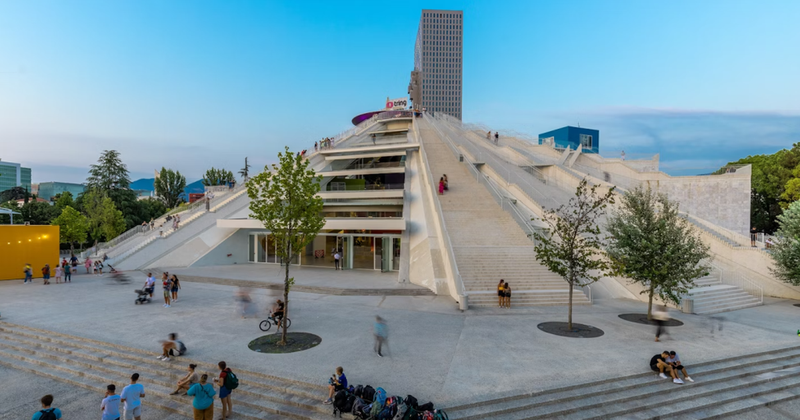
UN report: Albania's fiscal policies have deepened the "gap" between the country's rich and poor


Albania's fiscal policies had a very weak impact on reducing inequality according to the "World Social Report 2025" by the United Nations.
The UN publication argued how fiscal policies affect the reduction of inequality in different countries of the world. For example, in Western Europe and North America, fiscal policies manage to significantly reduce inequality, in many other countries, such as Albania, the impact remains limited.
Our country is ranked among the countries where the role of fiscal policy in reducing inequality is weak. In the graph below, it is ranked next to the Russian Federation, Serbia and Malaysia, with a very small difference between the Gini coefficient of market income and those available after taxes and transfers (The Gini coefficient of market income shows how unequal the distribution of income is before the state intervenes, while the Gini coefficient of disposable income shows inequality after taxes and after the benefits provided by the state, pensions, social assistance, public services).
Based on this measurement, the United Nations study shows that the Albanian fiscal system, including taxes and social distribution programs, fails to significantly reduce the gap between the rich and the poor.
In contrast, Northern European countries such as Ireland, Belgium, Finland and Austria have the largest impact, managing to reduce inequality by over 12 to 16 percentage points. This large difference highlights that fiscal policies in Albania have a modest effect and that the tax burden and distribution of public resources fail to function as strong mechanisms for social balancing.
While many countries in the region or even further afield manage to use fiscal policy as an instrument for reducing inequality, Albania, even with a socialist government, risks remaining in a spiral where social differences deepen, hindering sustainable development and the progress of human capital.
The UN report notes that Albania still has a long way to go to build a fairer income distribution model, where the state has a more active role in protecting vulnerable groups and reducing inequality.
According to the United Nations World Social Report 2025, Albania remains in the group of upper-middle-income countries, but still faces major challenges in terms of inequality, employment, and social protection.
The report highlights that job insecurity remains a widespread phenomenon even in middle-income countries, including Albania. A large part of employment takes place in the informal sector, exposing workers to precarious conditions and unstable incomes. This phenomenon hinders sustainable economic growth and reduces trust in institutions./ Monitor Magazine

The Ukraine summit that ignored the tough questions
ideas
top
Alfa recipes
TRENDING 
services
- POLICE129
- STREET POLICE126
- AMBULANCE112
- FIREFIGHTER128



























